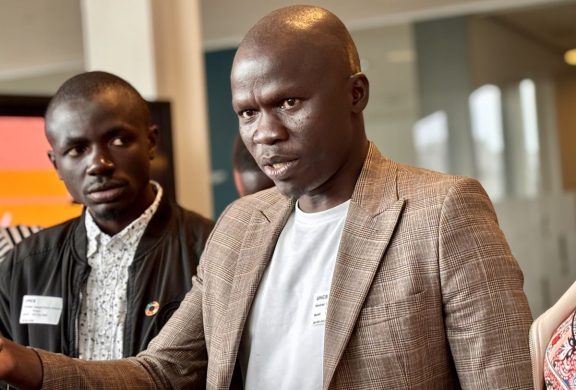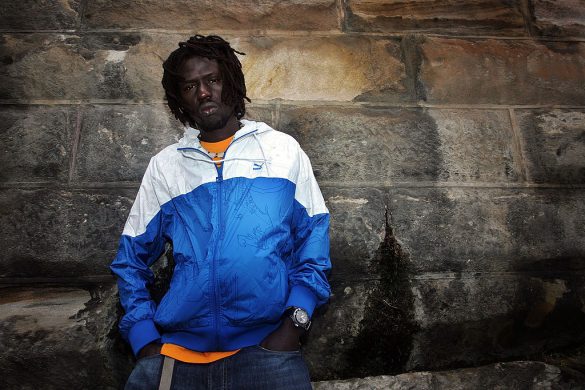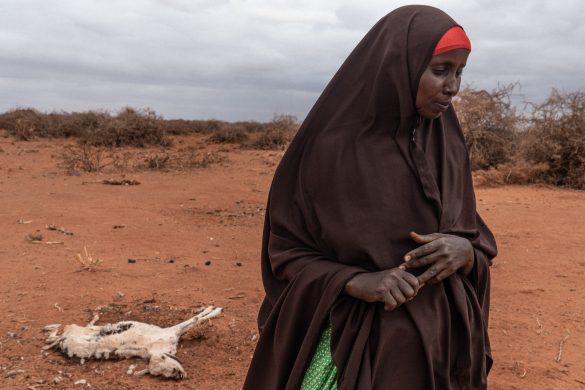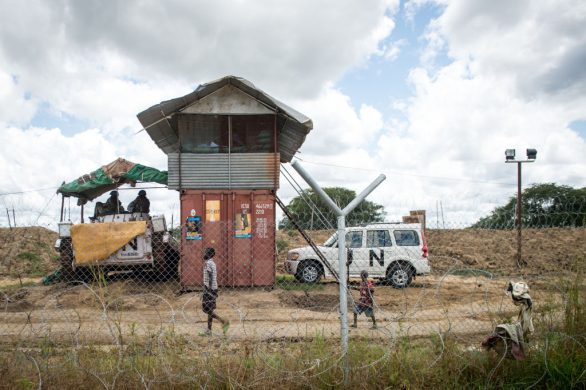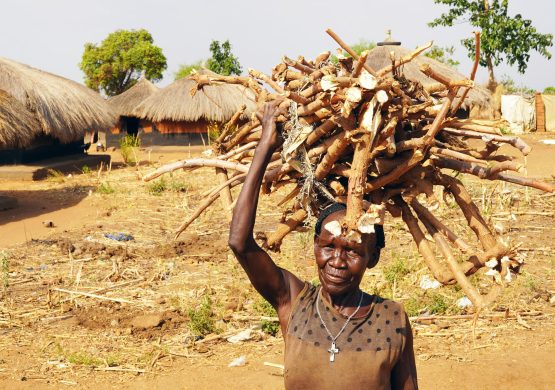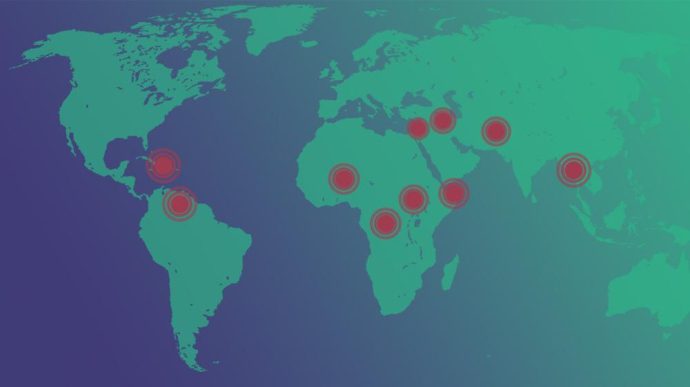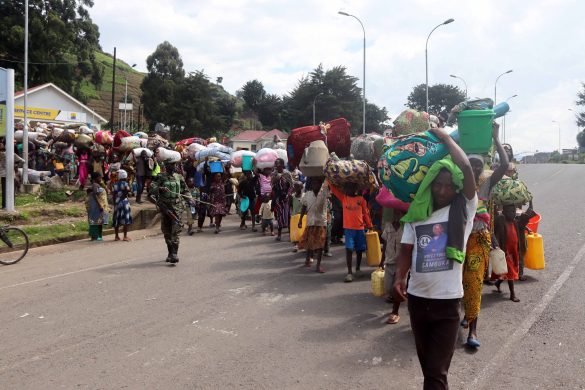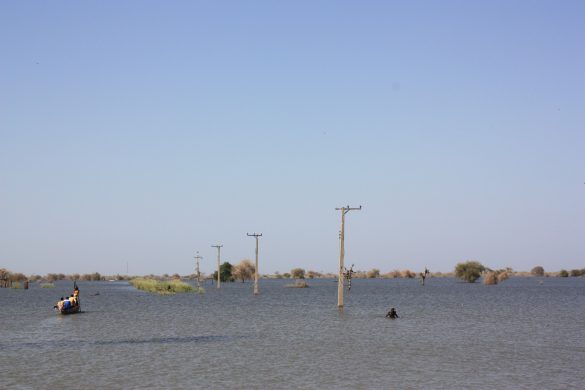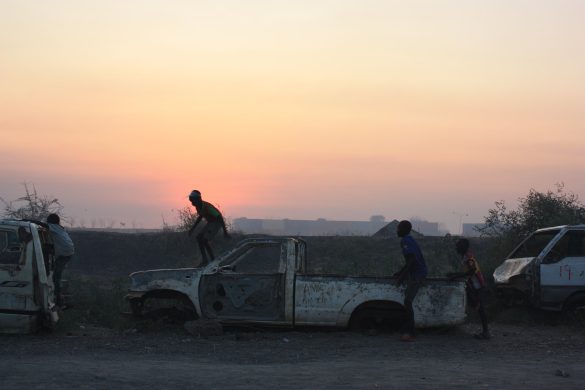JUBA, 30 November 2016 (UNOCHA): The Humanitarian Coordinator for South Sudan is deeply concerned by a recent series of bureaucratic impediments and access constraints that have negatively impacted humanitarian organizations’ ability to assist people in need.
“Humanitarian organizations in South Sudan are striving every day to save lives and alleviate suffering across this country,” said Mr. Eugene Owusu, Humanitarian Coordinator for South Sudan. “Yet, they continue to face obstacles and challenges which hamper their efforts. This must stop.”
Some 91 humanitarian access incidents were recorded from 1 to 28 November. Of these, 70 per cent (64) involved violence against humanitarian personnel/assets, while 20 per cent (18) involved interference in humanitarian action, including interference in administrative matters (4), illegal or arbitrary taxation (4) and expulsion of staff (2).
Also in November, aid workers were denied access to areas outside of Yei town in Central Equatoria and Wau town in Western Bahr El Ghazal, where tens of thousands of people are in need of assistance and protection.
“I am appreciative of the steps taken by the Government of the Republic of South Sudan to tackle the impediments we face on a daily basis, including through His Excellency the President’s establishment of the Humanitarian High-Level Oversight Committee,” said Mr. Owusu.
“However, these recent events are a major concern and it is vital that we see the commitments made in high-level fora fully translate into real, tangible and immediate improvements in the operating environment for aid workers on the frontlines of humanitarian action.”
Behovet stiger
Humanitarian needs in South Sudan continue to rise as a result of conflict and economic decline.
Nearly three million people have now been displaced since fighting first broke out in December 2013, including 1.9 million who are internally displaced and more than 1.1 million who have fled to neighbouring countries as refugees.
To date in 2016, humanitarian organizations in South Sudan have reached more than 4.1 million people with assistance and protection across the country, including in some of the most remote areas.
“I am tremendously proud of the aid workers across this country who are working tirelessly day-in and day-out to help people in need,” said Mr. Owusu.
“I call on all parties to allow free, safe and unhindered humanitarian access so that our colleagues can reach and assist people whose lives have been torn apart by this crisis. Regardless of where they are in the country, civilians in need have a right to receive help.”




